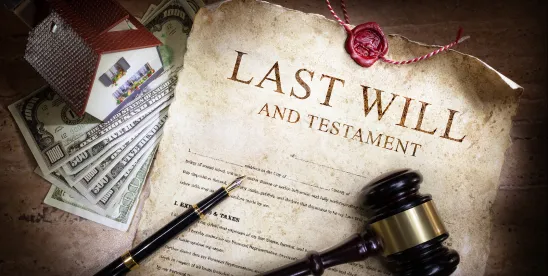In Monariti v. Monariti, a will contestant filed a motion for summary judgment, alleging that the will should be set aside due to undue influence. No. 14-23-00062-CV, 2024 Tex. App. LEXIS 6476 (Tex. App.—Houston [14th Dist.] August 29, 2024, no pet.). The proponent alleged that he did not receive notice of the hearing and never filed a response. After the trial court granted the motion, the proponent appealed. The court of appeals first found that the notice was sufficient and moved to the substantive issues involved. The court reviewed the evidence, which largely was the unobjected affidavit of the contestant. Even without an answer, if the motion does not resolve all issues as a matter of law, then the court of appeals should reverse the order. The court noted the standard for undue influence:
Before a will can be set aside because of undue influence, the contestant must prove: (1) the existence and exertion of an influence; (2) the effective operation of that influence so as to subvert or overpower the testator’s mind at the time of the execution of the testament; and (3) the execution of a testament which the maker would not have executed but for such influence. The elements of undue influence may be established through direct and circumstantial evidence.
Id. The court noted that the testatrix did not speak English, and that her son (the proponent) drafted the will, took her to the bank to sign it, that the witnesses were the son’s long-time friends, and that they did not speak Italian. The son admitted that he initially did not think that what he drafted was a will, so he could not have informed the testatrix that she was signing a will. The evidence also showed that the testatrix had a special-needs daughter, and that she repeatedly stated that she wanted to leave her estate to help support the daughter. The evidence showed that the new will cut out the daughter. The court of appeals affirmed the summary judgment, finding that the evidence proved undue influence as a matter of law. As there was no contradicting evidence, the court of appeals affirmed the summary judgment.




 />i
/>i
